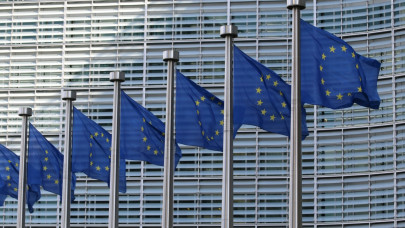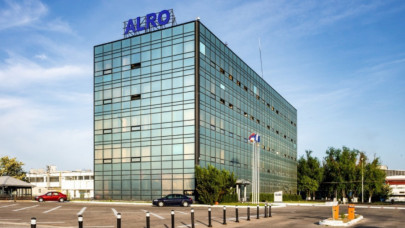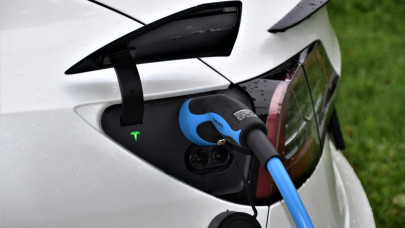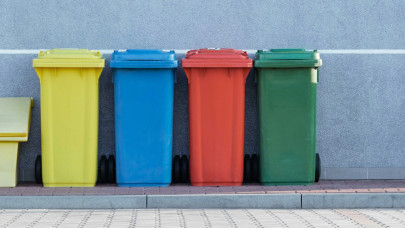With buildings currently contributing over one-third of the EU's greenhouse gas emissions, the new regulations set ambitious targets. By 2030, all new constructions are mandated to achieve zero-emission status, while by 2050, the entirety of the EU's building stock is expected to transition to zero-emission status.
In addressing non-residential buildings, the updated directive introduces minimum energy performance standards, ensuring these structures adhere to specified maximum amounts of primary or final energy consumption per square meter annually. By 2030, all non-residential buildings must surpass the performance levels of the bottom 16%, and by 2033, the bottom 26%, thereby initiating a phased elimination of the least energy-efficient non-residential buildings.
Member states retain the flexibility to exempt certain buildings, such as historical landmarks, places of worship, or military-owned structures, from these regulations.
Member states are tasked with reducing the average primary energy consumption of residential buildings by 16% by 2030 and by 20-22% by 2035. At least 55% of this reduction is to be achieved through the renovation of the least energy-efficient 43% of residential buildings, with a particular emphasis on assisting vulnerable households.
To decarbonize the building sector, national renovation plans will outline a roadmap aimed at phasing out fossil fuel boilers by 2040.
The new regulations mandate the integration of suitable solar energy installations in new constructions, public buildings, and non-residential structures undergoing renovation. Additionally, provisions are made for sustainable mobility infrastructure, including electric vehicle charging points within or adjacent to buildings, pre-installed cabling for future infrastructure, and bicycle parking spaces.














